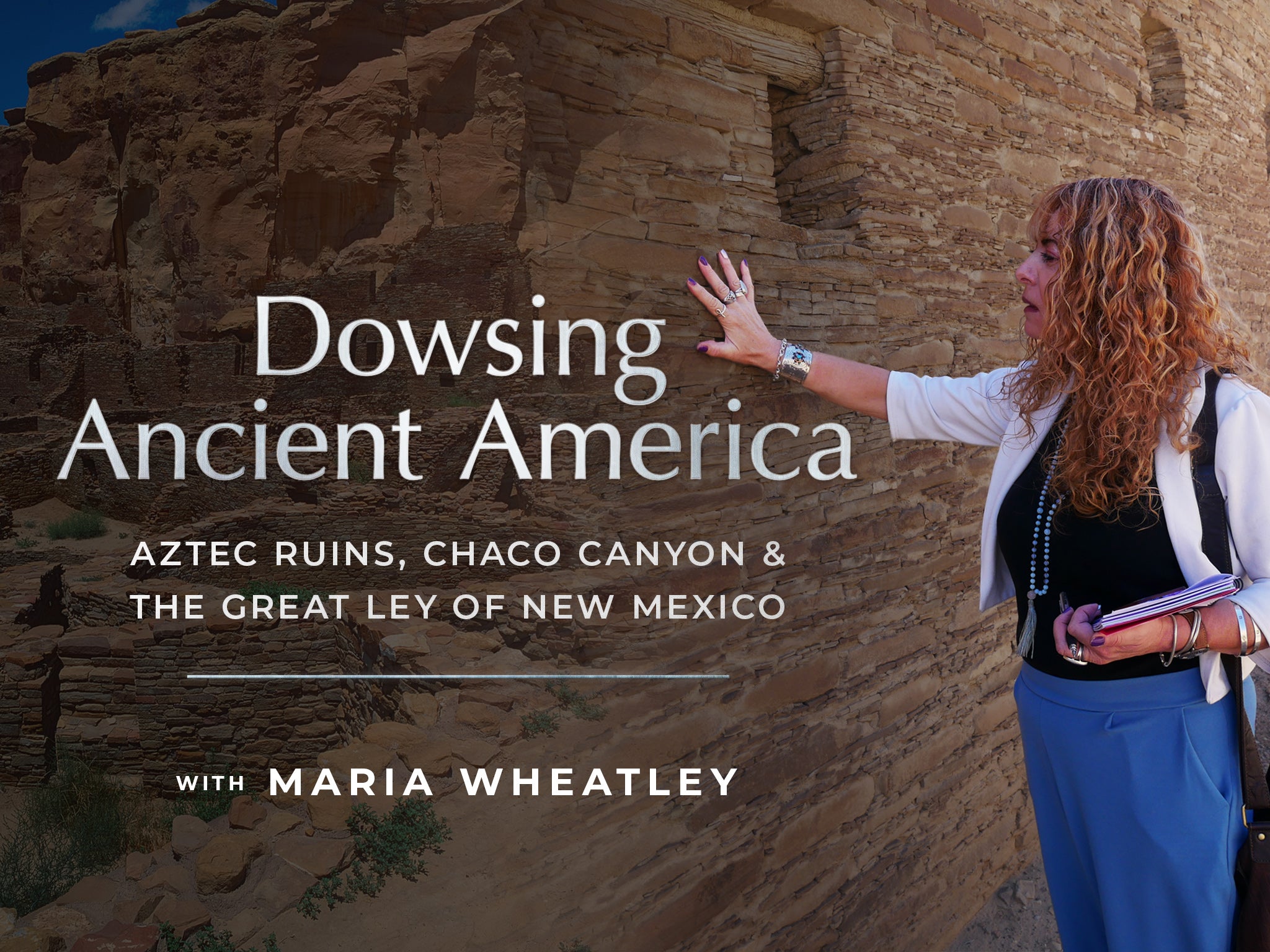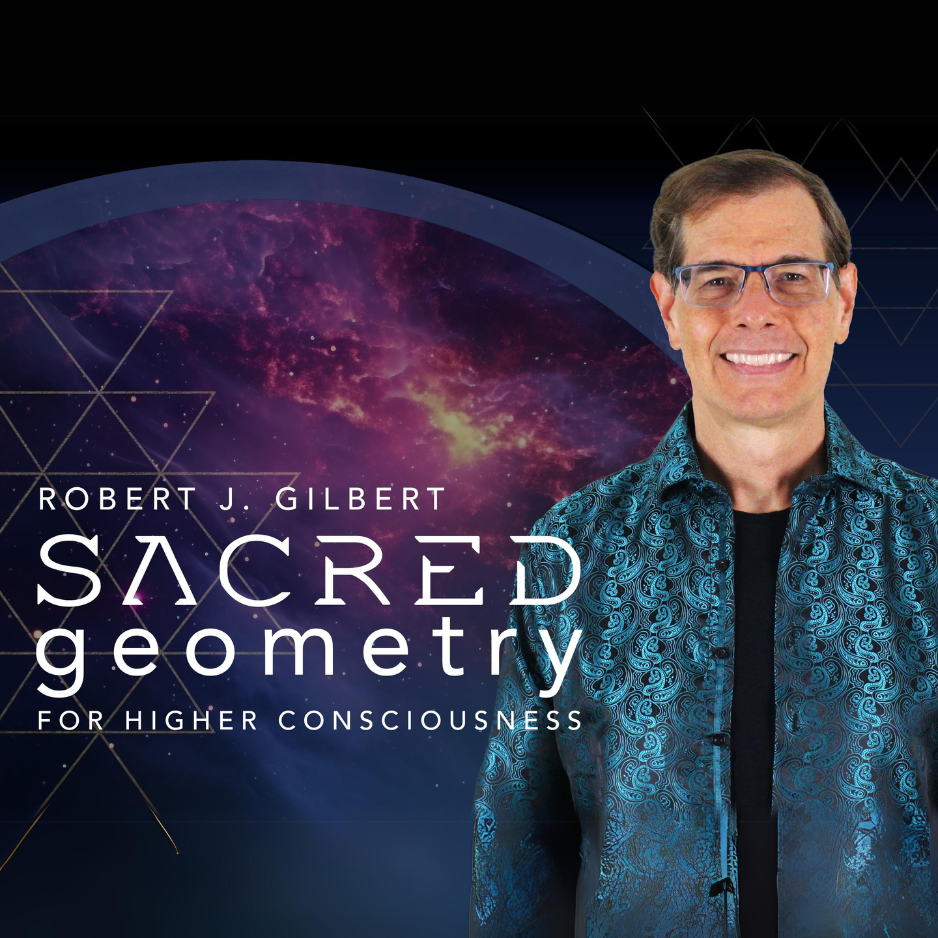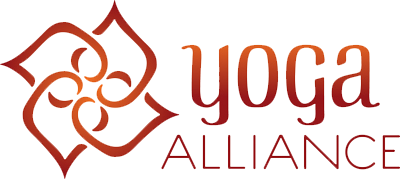IN THIS COURSE, YOU WILL DISCOVER:
The code—the science of the spine
Professor McGill and Bernie discuss back-related themes through the lenses of biology, biomechanics, and pain mechanisms, including:
- Spinal architecture, functioning, and what actions can cause injury
- Understanding the trade-off between spinal stability and mobility
- How individual variations in anatomical structure affect ranges of motion and injury mechanisms
- Neuromobilization and “nerve gliding” explained, with some simple techniques that you can try right away
- Fascia and its effect on the body during movement
- Understanding the muscles as proprioceptors, and their role in back pain
- Why the rest period is the most important part of the movement cycle and how ignoring rest can lead to injury
- The common sources (and the roles) of tension, compression, and shear
- Developing a working understanding of optimal stress for optimal health
- The importance of proper assessment when working with back pain
The art—making it real
Theory becomes practice! Professor McGill and Bernie demonstrate how to apply the knowledge of the spine to yoga, daily life, work, sports, and exercise. They explore:
- How yoga teachers can adapt their teaching to incorporate cues that are appropriate for a variety of bodies, needs, and goals
- How The McGill Big Three exercises build stability for the spine in a safe, progressive manner
- Demonstrations and adaptations of yoga poses and The McGill Big Three for varying bodies and strength levels
Practices—taking it to the mat
Bernie Clark will apply the principles discussed in the code and the art in three guided yoga classes:
- A one-hour yin yoga class focused on increasing spinal mobility
- A one-hour active (yang) yoga class focused on building spinal strength and endurance
- A one-hour yin/yang class to develop both mobility and stability for the spine
At the end of the practice segment are bonus tutorials with Professor McGill where he helps several students uniquely adapt their yoga practice for their bodies.
“I’m often asked about my opinion on yoga and the answer is always ‘It depends.’ It depends on the individual, how old they are, their injury history, and their personal anatomy. That’s what really motivated me to join with Bernie and put this project together to really help guide people toward making yoga their own.” —Dr. Stuart McGill
This course is not intended to be medical advice. If you have back pain or spinal conditions, please check with your healthcare provider before trying any suggestions offered.
















